The South African History Archive (Saha) has been unique and pioneering in its activist approach to making the archive accessible to the public and to bringing history out of the archive through its work in the Struggles for Justice Programme, the Freedom of Information Programme and through its Right to Truth Programme.
For more than 30 years, Saha has served as an archival agent in using memory for justice, the deepening of democracy and accountability through the use of access to information legislation. Saha remains committed to ensuring that it uses its archive, archival practices and access to information expertise to support struggles for justice.
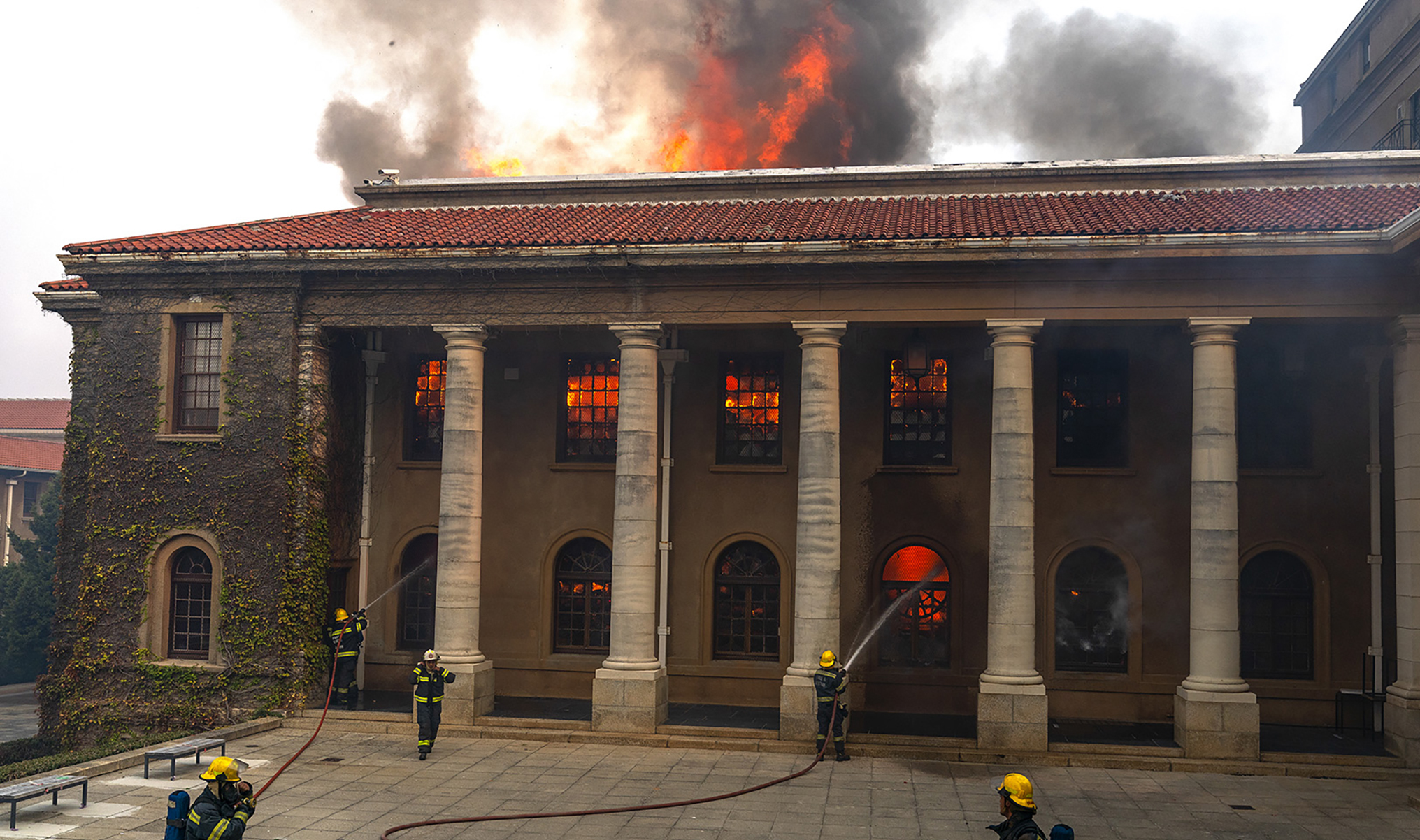 Firefighters battle a blaze that destroyed the nearly 200-year-old Jagger Library on the University of Cape Town campus on 18 April 2021. (Photo: EPA-EFE / Nic Bothma)
Firefighters battle a blaze that destroyed the nearly 200-year-old Jagger Library on the University of Cape Town campus on 18 April 2021. (Photo: EPA-EFE / Nic Bothma)
The terrain on which it and other archives operate has become more difficult over the past decade. Crises and shifts in the political, socio-economic and cultural landscapes, locally and globally, have created uncertainties, especially for independent archives. At the same time, there is an urgent need to raise questions about archives, archival collections and the practices of archiving — especially as it relates to the growing crisis of official archives in South Africa and the urgency to address this challenge.
Set against this background, and given the longstanding relationship and growing partnership between Saha, Historical Papers and Research Archives (HPRA), and the History Workshop, the Saha Board of Trustees decided to relocate to the University of the Witwatersrand.
Apartheid was marked by the deliberate practices of state-imposed memory erasure and censure, the silencing and marginalisation of oppositional voices through exile, banning, detentions, torture, imprisonment, enforced disappearances and deaths. Some of these practices have endured to the present day because of the lack of accountability and clandestine habits of secrecy enshrined within the apartheid structures and the liberation movements.
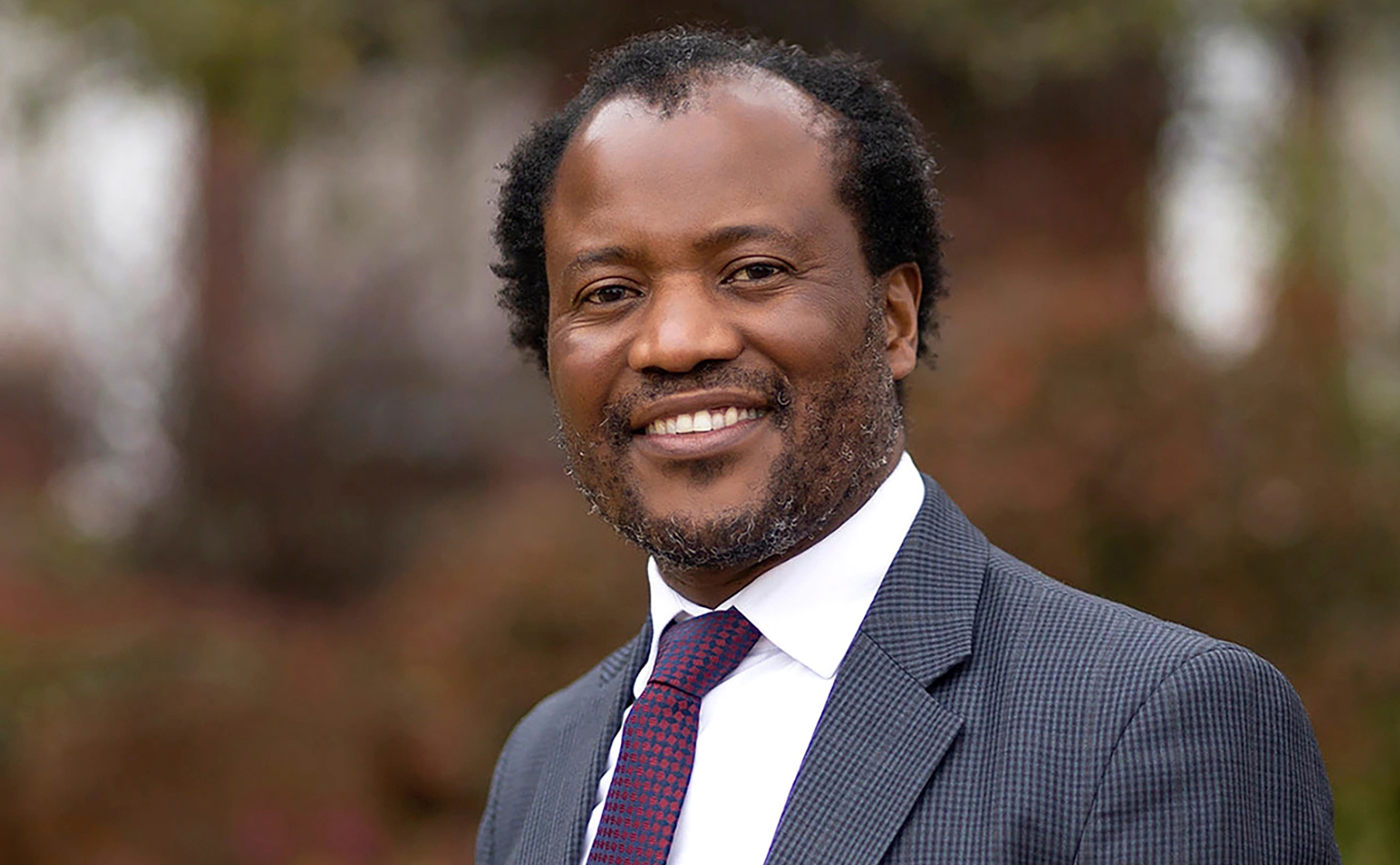 The South African History Archives was officially relaunched at Wits university by Vice-Chancellor Zeblon Vilakazi. (Photo: Shivan Parusnath Wits University)
The South African History Archives was officially relaunched at Wits university by Vice-Chancellor Zeblon Vilakazi. (Photo: Shivan Parusnath Wits University)
The new South African state was shaped around the notion of a rainbow nation focused on fostering transformation, reconciliation and nation-building as the central tenets of building a democracy. Having inherited the documentary traces of apartheid and colonialism, with which the new government had to contend, there was a proliferation from the early 1990s of new archival and history projects focused on the collection of memories of the hidden, marginalised, exiled and the suppressed archive.
Saha was formed in the late 1980s by anti-apartheid activists in a climate of severe state censorship, which threatened collections of anti-apartheid movements and activists. At the time, this nascent archive was being safeguarded by the Popular History Trust (PHT) in Harare, Zimbabwe. PHT provided a safe location beyond the censorious reach of the apartheid government, while remaining accessible until the material could be repatriated. This material became the founding collections of Saha.
Since its inception, Saha has been an independent human rights activist archive focused on documenting, supporting and promoting greater awareness of and engagement with past and contemporary struggles for justice. Through archival practices, materials development and outreach, and the use of access to information laws, Saha has advanced innovative notions of archival activism through the catalytic role it has played nationally and internationally in transforming ideas and practices around archives.
With an approach centred on dialogical and interventionist strategies, Saha promotes accountability, transparency and awareness, testing the parameters of South Africa’s access to information legislation, with a central objective of ensuring records and archival collections are both preserved and also made available to civil society, communities and interested constituencies.
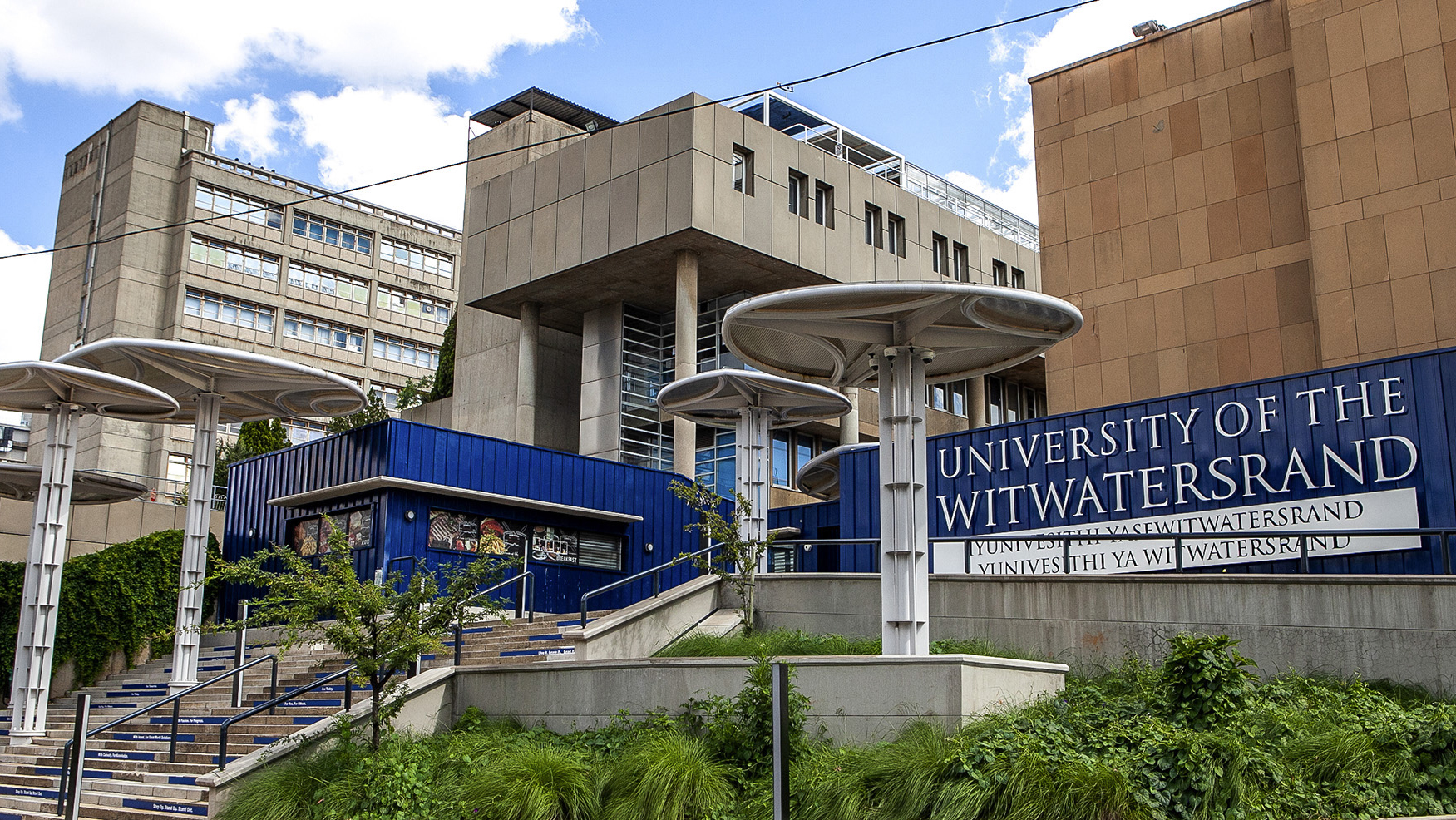 Wits University has been home to two outstanding archives, Historical Papers and Research Archives (HPRA) and South African History Archives (Saha), both of which have played a prominent role and contributed to shaping the intellectual terrain on archives, in the period following the Truth and Reconciliation Commission. Both were housed in the William Cullen Library until Saha’s decision in 2012 to relocate to Constitution Hill. (Photo by Gallo Images / Sharon Seretlo)
Wits University has been home to two outstanding archives, Historical Papers and Research Archives (HPRA) and South African History Archives (Saha), both of which have played a prominent role and contributed to shaping the intellectual terrain on archives, in the period following the Truth and Reconciliation Commission. Both were housed in the William Cullen Library until Saha’s decision in 2012 to relocate to Constitution Hill. (Photo by Gallo Images / Sharon Seretlo)
Universities stand at the cutting edge of debates on the role of archives in society, the modes of knowledge production, the public’s right to access information freely, and the potential of archives in the shaping of public history. Archives are the bedrock of democratic societies, in that they underpin human rights, upholding principles of “access to information” and the “right to know”, and are essential pillars for administrative justice for each citizen. They are also valuable assets serving as primary sources for scholarly activity, attracting researchers, working with communities and enriching teaching and learning.
Wits University has been home to two outstanding archives, HPRA and Saha, both of which have played a prominent role and contributed to shaping the intellectual terrain on archives, in the period following the Truth and Reconciliation Commission. Both were housed in the William Cullen Library until Saha’s decision in 2012 to relocate to Constitution Hill.
Saha and HPRA have been at the forefront of how the archive can be used to expose the resonances between past and present struggles for justice in South Africa. This ongoing advocacy is part of a global understanding in which the promotion, understanding and commitment to archives are seen to be crucial for the advancements of civil rights, accountability and good governance.
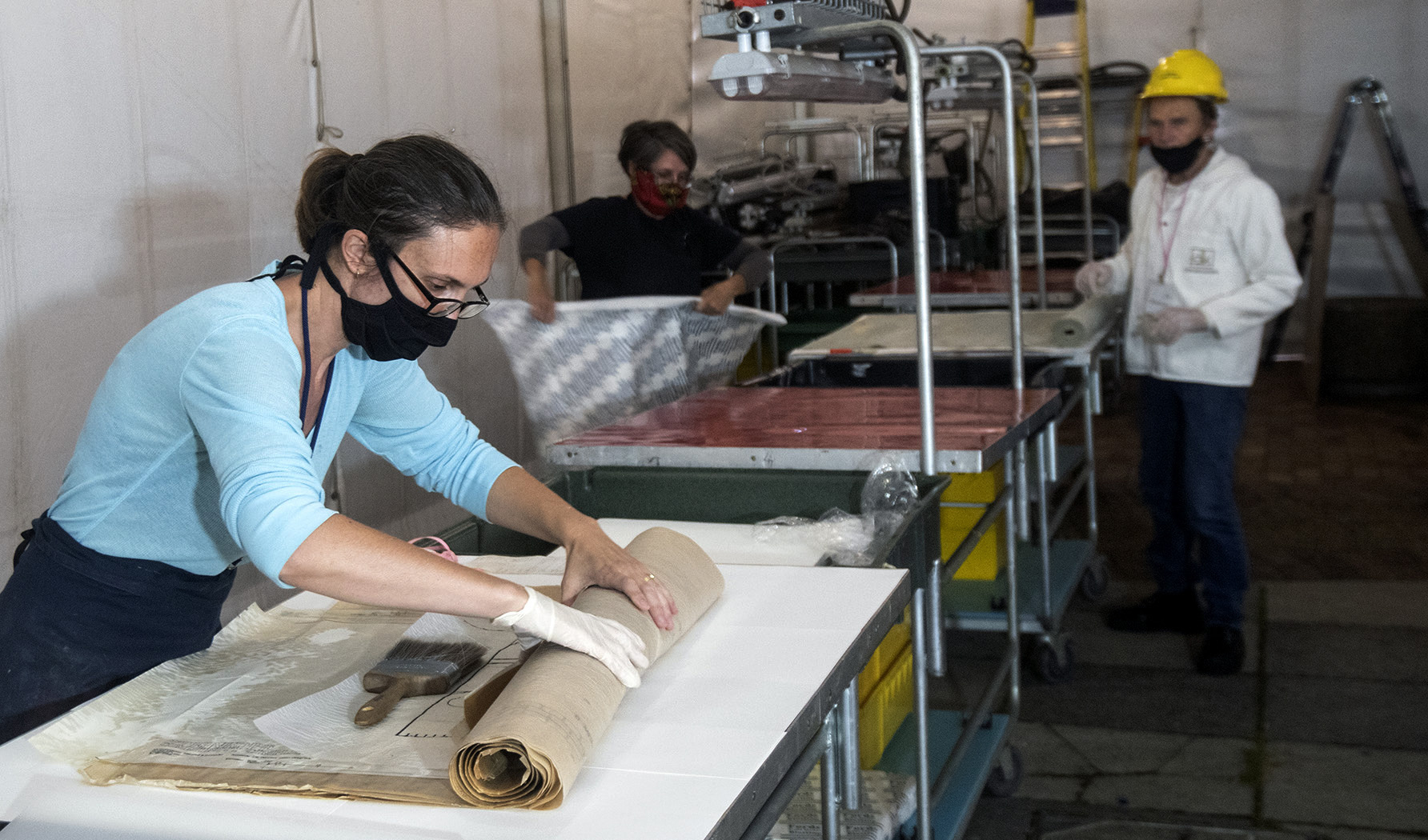 UCT staff pack historical documents after a large section of the Jagger Library was destroyed by a fire in April 2021. (Photo: Gallo Images / Brenton Geach)
UCT staff pack historical documents after a large section of the Jagger Library was destroyed by a fire in April 2021. (Photo: Gallo Images / Brenton Geach)
Given the general state of neglect of our archives, there is an urgent need for an intellectual intervention driven by a university in which archives are thought of as political, academic and creative projects.
Over the past five years, the History Workshop, Saha and HPRA have collectively interrogated and raised the profile of archives through complementary projects focusing on oral history, visual history, public history, heritage and social justice. Central to some of these joint projects has been a focus on the erasure of histories and memories, the decline of intellectual work on archives, the contribution of multiple archives and creating connections with the Global South and our continent in particular.
Given Wits University’s historical ties to Saha and to ensure that it fulfils its mandate of creating access and bringing history out of the archive, but more importantly, to plan for its long-term sustainability, the purpose of Saha’s relaunch at Wits is to create greater synergy and interdependence between the existing partnerships of Saha, HPRA and the History Workshop.
The aim is to achieve this through the creation of a combined archival digital platform, contributing to the teaching and research programmes of the university, the consolidation of archival activism and building capacity in communities to tell their own history. DM/MC
Geraldine Frieslaar is the former director of Saha.
[hearken id="daily-maverick/9317"]




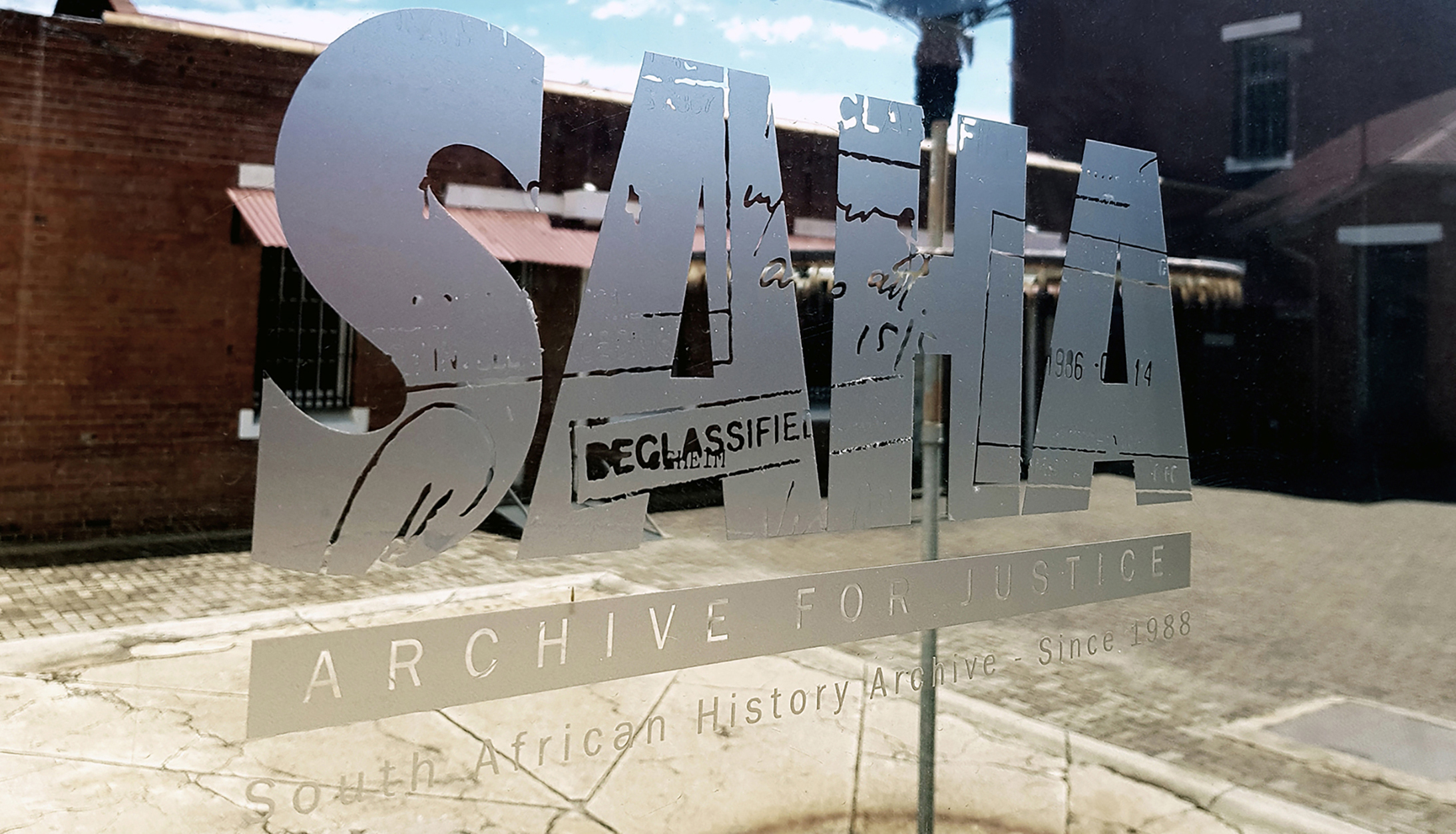 UCT staff pack books after a large section of the Jagger Library was destroyed by a fire in April 2021. (Photo: Gallo Images / Brenton Geach)
UCT staff pack books after a large section of the Jagger Library was destroyed by a fire in April 2021. (Photo: Gallo Images / Brenton Geach)